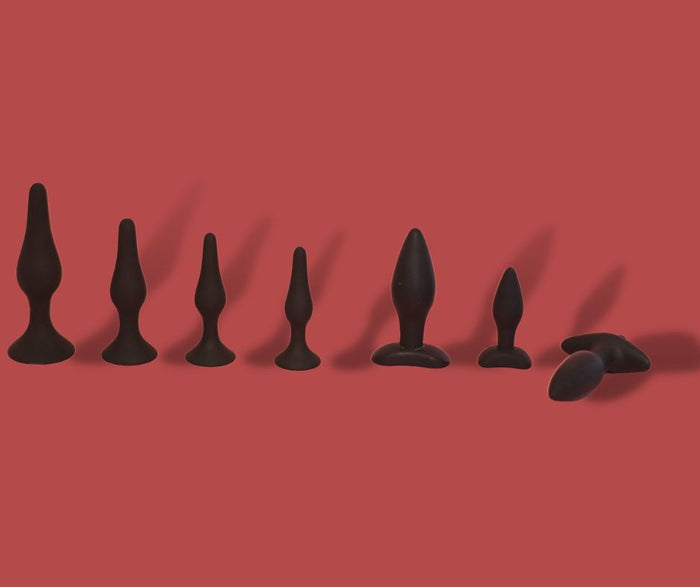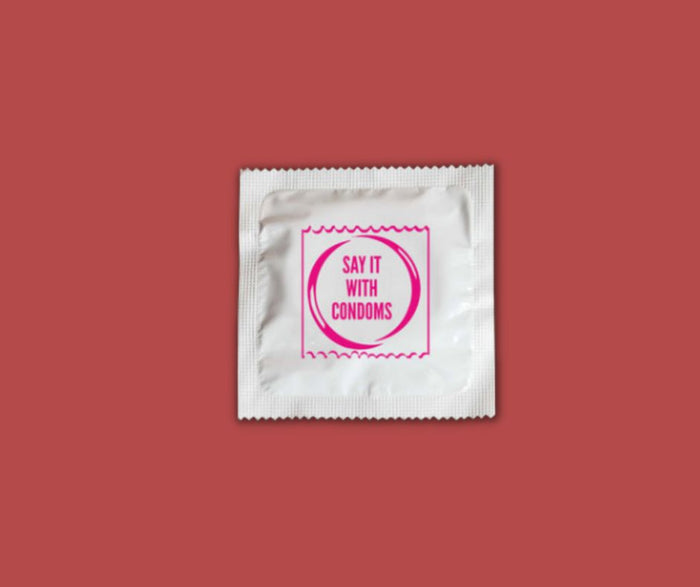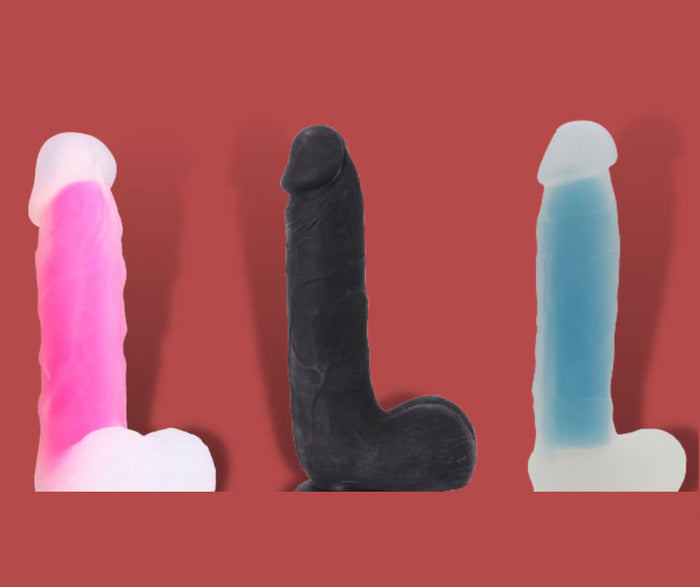

The Struggle Within: Exploring Men's Emotional Suppression and its Psychological Impact
In a society where gender norms and stereotypes often dictate how men should behave, the vulnerability of men remains an often overlooked and misunderstood subject. Traditional societal expectations restrict the range of emotions men are allowed to express, ultimately leading to the suppression of their true selves. This stigma surrounding men's vulnerability has significant psychological impacts, affecting individuals across all walks of life, including black men. In this blog, I will delve into the societal norms that limit men's emotional expression, discuss the stigmas surrounding male vulnerability, and explore the profound psychological impacts these norms can have.
The Shackles of Societal Norms
From a young age, boys are taught to be strong, independent, and in control of their emotions. Expressing vulnerability is often associated with weakness, femininity, or a loss of masculinity. Society frequently reinforces the notion that men must be stoic, unyielding, and impervious to emotional turmoil. These expectations create an environment where men feel compelled to suppress their feelings, leading to emotional isolation and an inability to seek support when needed.
The Stigma Surrounding Male Vulnerability
Men who dare to show vulnerability face a barrage of societal judgment, ridicule, and dismissiveness. The fear of being perceived as weak or incapable often prevents men from reaching out for emotional support, hindering their ability to develop healthy coping mechanisms. The stigma surrounding male vulnerability perpetuates harmful stereotypes and fosters an environment where emotional pain is internalized, leading to long-term psychological distress.
Black Men and the Intersectionality of Vulnerability
The experience of vulnerability is uniquely shaped by the intersectionality of race and gender, and black men face additional challenges due to systemic racism. Historically, stereotypes and biases have portrayed black men as hypermasculine, strong, and impervious to emotional pain. These stereotypes not only limit the emotional range of black men but also perpetuate harmful assumptions that undermine their humanity. The pressure to conform to these expectations can lead to a sense of alienation and an added layer of difficulty in seeking support or expressing vulnerability.
The Psychological Impacts of Societal Norms
The suppression of emotions can have severe psychological consequences for men. When feelings of sadness, anxiety, or fear are left unaddressed, they may manifest as anger, aggression, or other maladaptive behaviors. This emotional dissonance can lead to mental health issues such as depression, anxiety disorders, and even substance abuse. Men may also experience relationship difficulties, as the inability to communicate and connect on an emotional level can strain personal connections and hinder intimacy.
Suicide in men
Suicidality in men is a critical issue closely tied to the suppression of emotions and societal norms surrounding vulnerability. Men often face unique challenges in seeking help for their emotional distress, which can contribute to higher rates of suicide. According to the World Health Organization (WHO), suicide is a leading cause of death among men globally, with men accounting for approximately three-quarters of all suicides.
A significant factor contributing to these statistics is the societal pressure on men to adhere to traditional masculine norms, which discourage emotional expression and seeking help. Men may feel ashamed or emasculated for experiencing emotional pain or seeking assistance, leading to a sense of isolation and desperation.
It is crucial to understand that suicidal ideation and self-harm are not indicators of weakness but rather signs of profound emotional suffering. By creating an environment that supports and encourages emotional vulnerability, we can begin to address the underlying issues that contribute to suicidality in men.
Breaking Free
To foster a healthier society, we must challenge the existing norms that restrict men's emotional expression and perpetuate the stigma surrounding vulnerability. Here are a few crucial steps we can take:
- Education and Awareness: Promote education and awareness campaigns that challenge societal norms and stereotypes surrounding male vulnerability. Encourage open conversations about emotions, mental health, and the importance of seeking support.
- Encourage Emotional Literacy: Teach emotional intelligence and provide men with the tools to identify, understand, and express their emotions effectively. This can be achieved through therapy, support groups, or workshops focused on emotional well-being.
- Redefining Masculinity: Encourage a broader and more inclusive definition of masculinity that embraces vulnerability as a strength rather than a weakness. Highlight positive role models who exhibit emotional openness and authenticity.
- Creating Safe Spaces: Establish safe and judgment-free spaces where men can freely express their emotions without fear of judgment or ridicule. Support groups, online communities, or counseling services can provide these much-needed spaces for men to find support.










